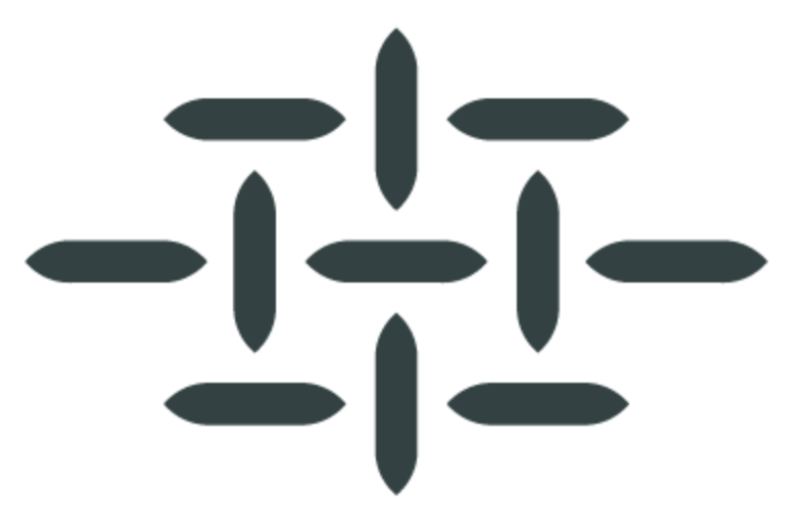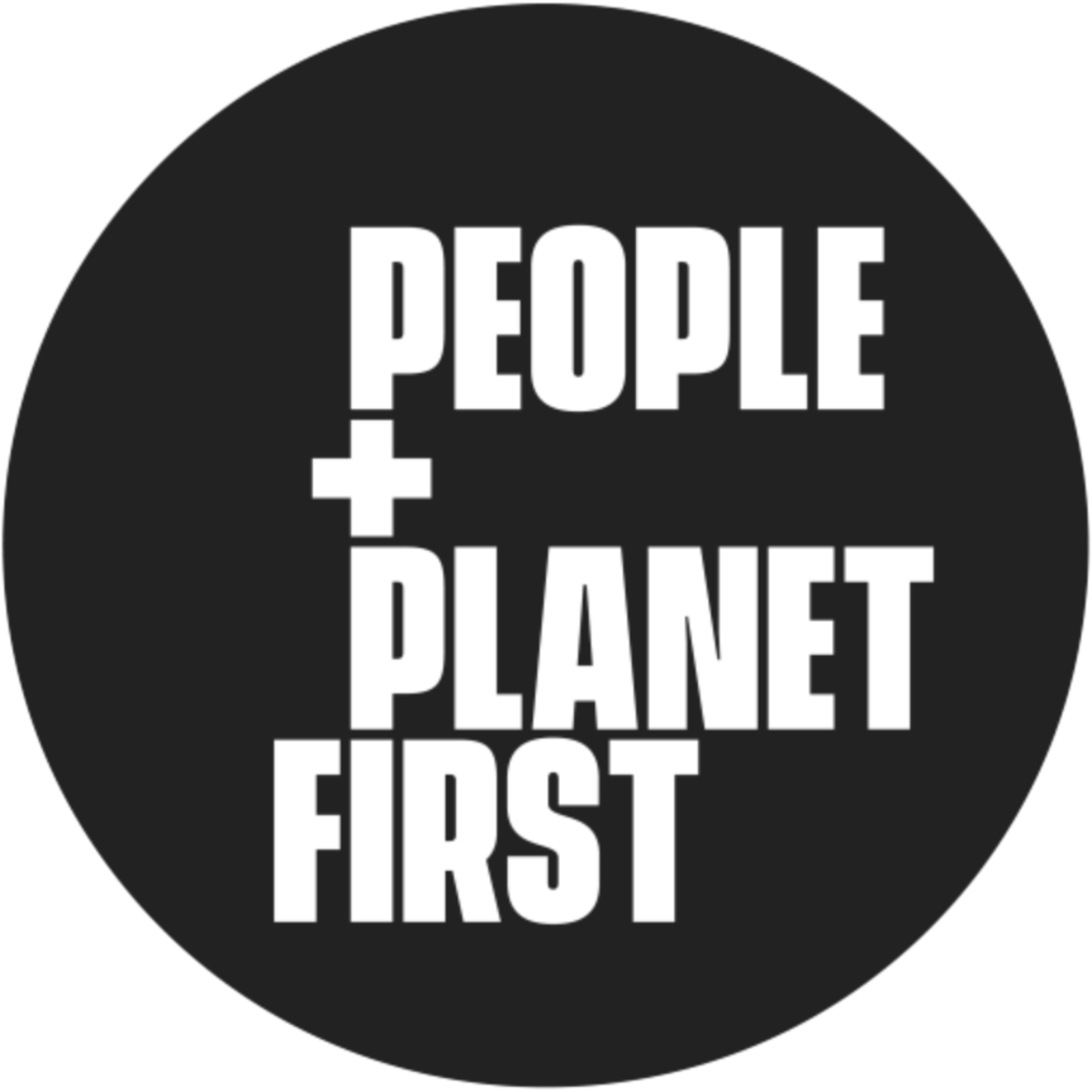Trigger warning: The following journal entry includes research and personal experiences from victims of sex-trafficking in East Asia.
Located in East Asia, the Starfish Project helps women rebuild their lives after escaping the horrors of human trafficking. This organization visits brothels and offers victims of human trafficking a way out through employment and career development.
According to the International Labor Organization, human trafficking impacts 40.3 million people each year, earning traffickers approximately 150 billion annually. This global issue takes on many shapes and sizes, from sex trafficking, to forced labor, to debt bondage. The similarities between these forms of human trafficking is that each one involves trapping or exploiting someone through violent, deceptive, or coercive tactics.
In Asia, this global issue--also referred to as modern slavery--largely impacts women who are compelled by social and economic inequality, and who do not have other realistic options when it comes to gaining financial liberty. Moreover, many women who grow up in poorer regions often have limited access to education and skills-training, leaving sex-work as an enticing option to increase their economic status. Oftentimes, these women are then held in debt bondage and only receive a portion of the money paid by the clients.
Additionally, many Ethik artisans employed at various handcraft organizations throughout Asia were trafficked through the use of deceptive tactics. Through personal accounts, we have learned that these artisans were lured into sex industry under the guise of receiving an education or landing a well-paying job.
 Artisan at the Starfish Projects and a survivor of sex-trafficking.
Artisan at the Starfish Projects and a survivor of sex-trafficking.
Though the opinion exists that the decision to participate within the sex-industry can be ethical if the person choosing to enter such spaces has the ability to truly consent, it has been found that people who come from marginalized social and economic backgrounds are far more likely to be victims of exploitation and injustice within this industry.
According to the World Health Organization (WHO), the debate regarding “choice” depends upon an individual’s “ability to manage power hierarchies and to retain an element of control within them.”
For those who come from historically marginalized communities, underrepresented racial and ethnic identities, disempowered economic backgrounds, as well as others who lack the ability to make “free and unpressured choices” due to age, financial status, or legal background, the power to control one’s own life is negligible.
In other words, an individual cannot truly opt in--or opt out--of a choice when their choices are extremely limited or when their choices are based on merely surviving.
By offering women in brothels a chance to rebuild their lives by earning a livable wage through jewelry making, engaging in therapeutic services that address trauma associated with human trafficking, and developing their careers in a safe environment, the Starfish Project is offering options that many of these women have never been given the chance to experience social, emotional, and economic freedom.
By ordering from the Starfish Project, you are providing hope to women whose life circumstances have forced them into violent and abusive work. Each order enables Starfish Project to continue their work by visiting brothels and offering victims of trafficking and exploitation a way out, a way to heal, a way to become, and a way to build a life and a career they are proud of.









